
Baritone
Nikoloz Lagvilava
"... this time the opera could actually be called JAGO, especially as Nikoloz Lagvilava dominates the scene like nobody else." - Theater: pure
Represented by

"... this time the opera could actually be called JAGO, especially as Nikoloz Lagvilava dominates the scene like nobody else." - Theater: pure
Represented by
Vassilis Christopoulos / Ulises Maino , Conductor
Ute M. Engelhardt, Stage Director
Andriy Yurkevych, Conductor
Tomáš Ondřej Pilař, Stage Director
Vassilis Christopoulos / Ulises Maino , Conductor
Ute M. Engelhardt, Stage Director
Vassilis Christopoulos / Ulises Maino , Conductor
Ute M. Engelhardt, Stage Director
Vassilis Christopoulos / Ulises Maino , Conductor
Ute M. Engelhardt, Stage Director
Vassilis Christopoulos / Ulises Maino , Conductor
Ute M. Engelhardt, Stage Director
Amonsaro Aida at Opéra de Rouen and Prague National Theatre, title role Nabucco at Prague National Theatre and Nabucco in concert version at Opéra de Toulon, Rigoletto Rigoletto at Polish National Opera, Iago Otello at the Seoul Arts Center, Rigoletto Rigoletto at Oper Graz, Theater Basel, Prague National Theater, at Wrocław Opera*, with the same role he will make his debut at Teatro Nacional de Chile and Ópera de Toulon. Another debut includes Scarpia Tosca at New National Theatre Tokyo, next to returns as Amonasro Aida to the Polish National Opera, Prague National Theatre, Germont La traviata at Georgian National Opera, Scarpia Tosca at Wrocław Opera*.
House debut as Germont La traviata in Dubai, Amonasro Aida* in Staatstheater Hannover, Rigoletto at Moscow Stanislavsky Theatre, Komische Oper Berlin, Glyndebourne Festival*, Ibn-Hakia Iolanta and Emperor The Nightingale at New National Theatre Tokyo*, Scarpia Tosca Deutsche Oper am Rhein Düsseldorf, Jago Otello, Conte Di Luna Il trovatore, Scarpia Tosca, Rigoletto at the Aalto-Musiktheater Essen; Nabucco at Opéra de Dijon and Opéra de Lille, Escamillo Carmen at the Bolshoi Theatre Moscow and Slovak National Theatre, Count Tomsky Pique Dame at Savonlinna Opera Festival, Alfio Cavalleria Rusticana at Norwegian National Opera. [*cancelled]
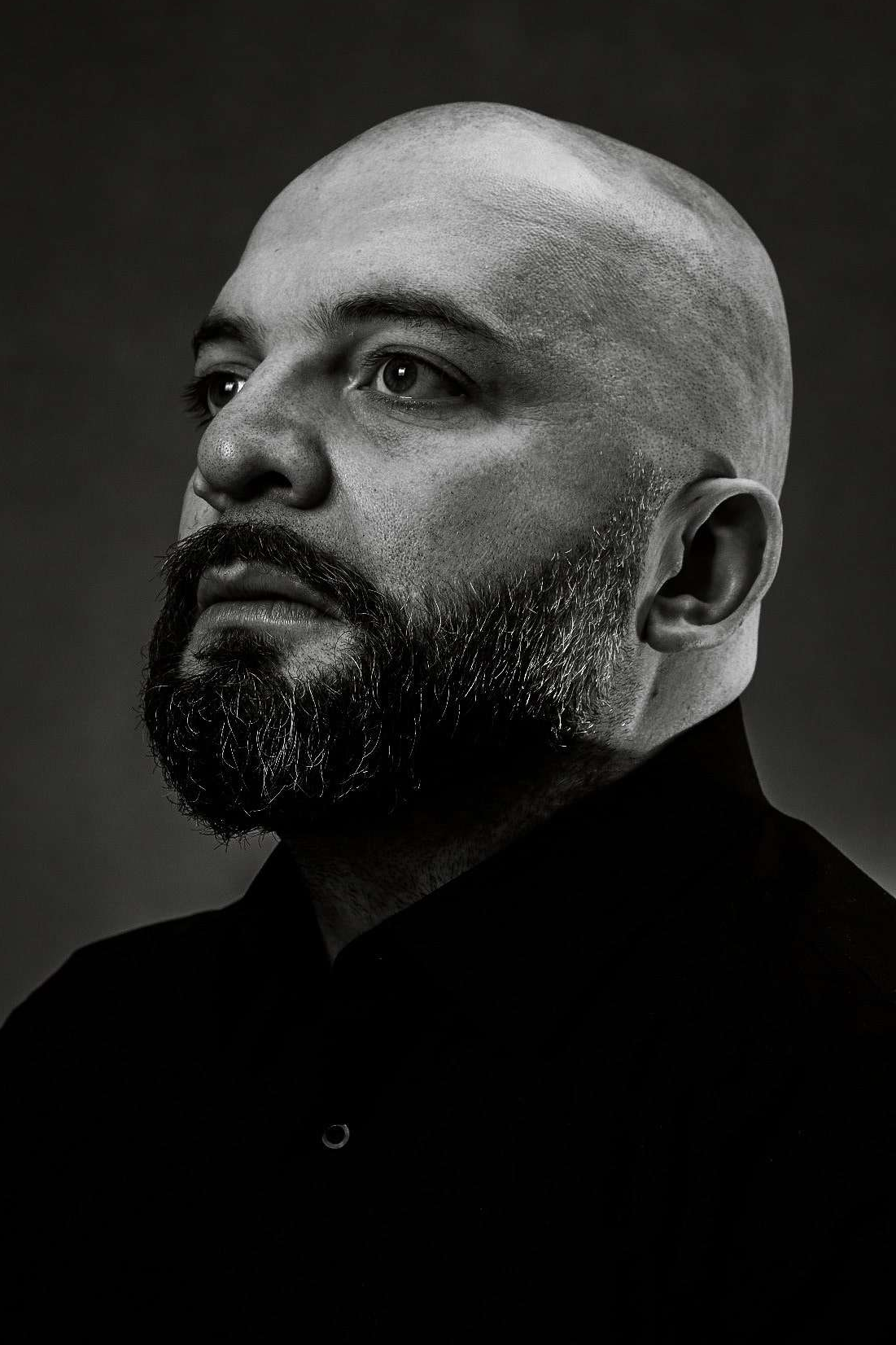
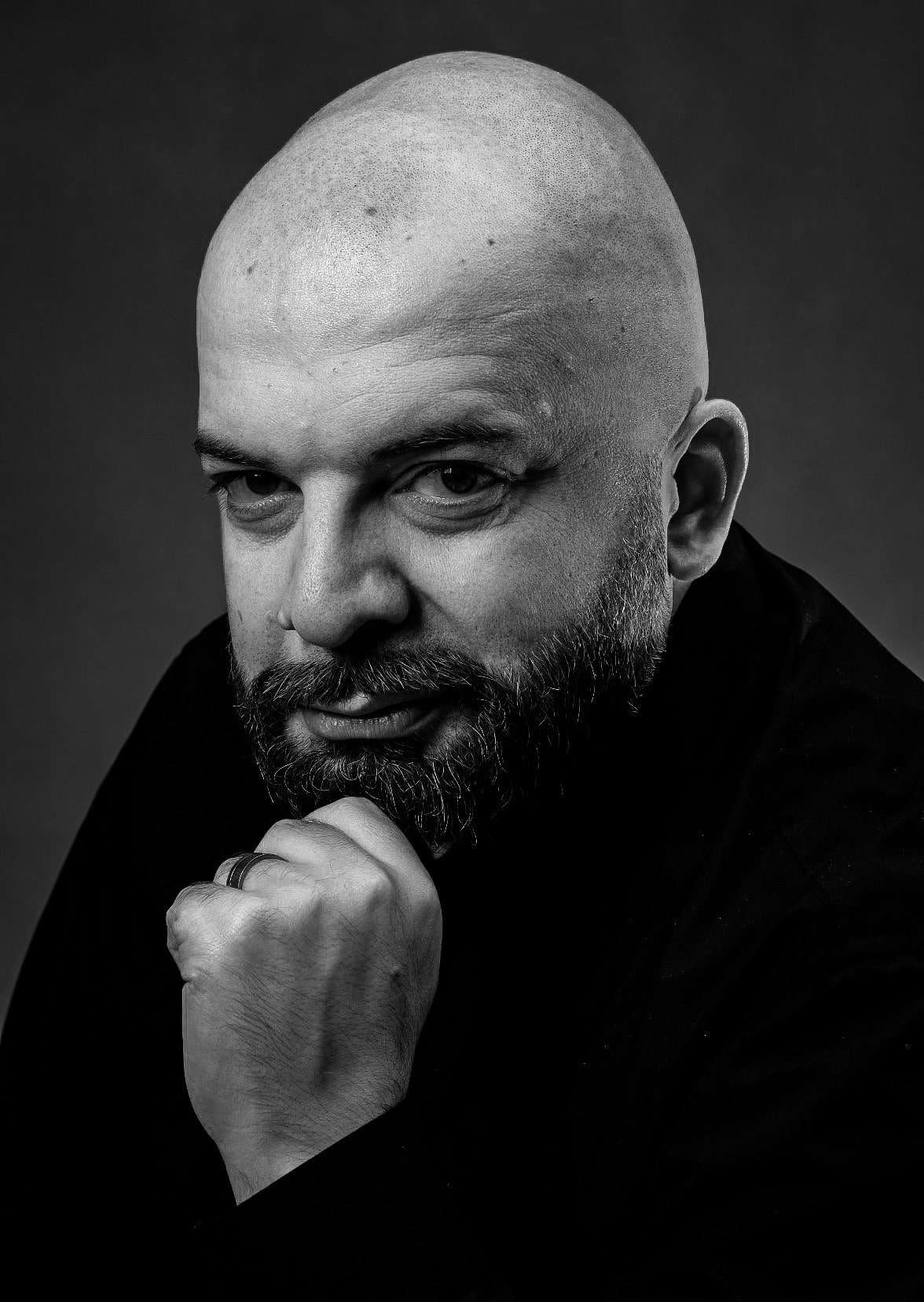
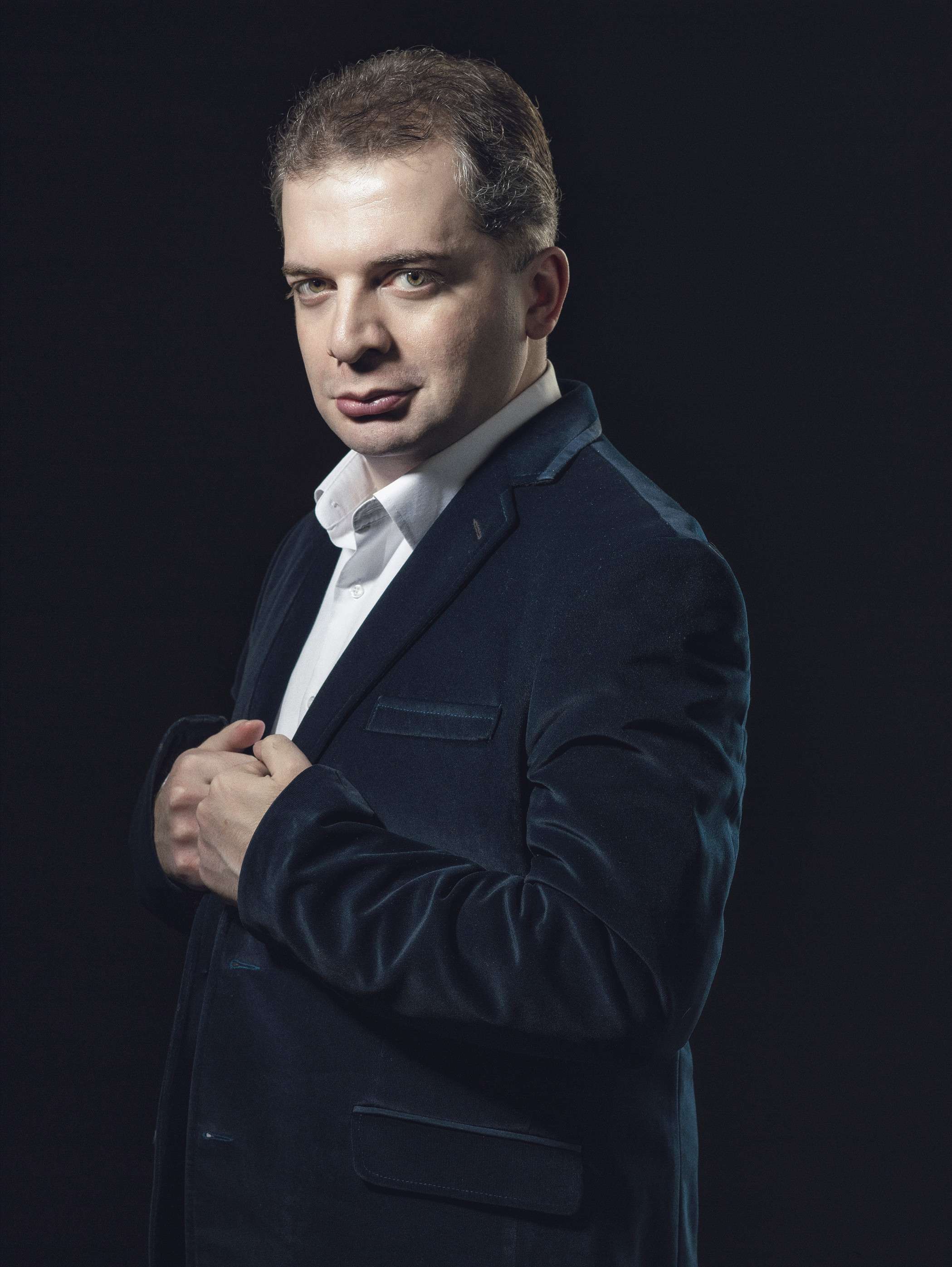
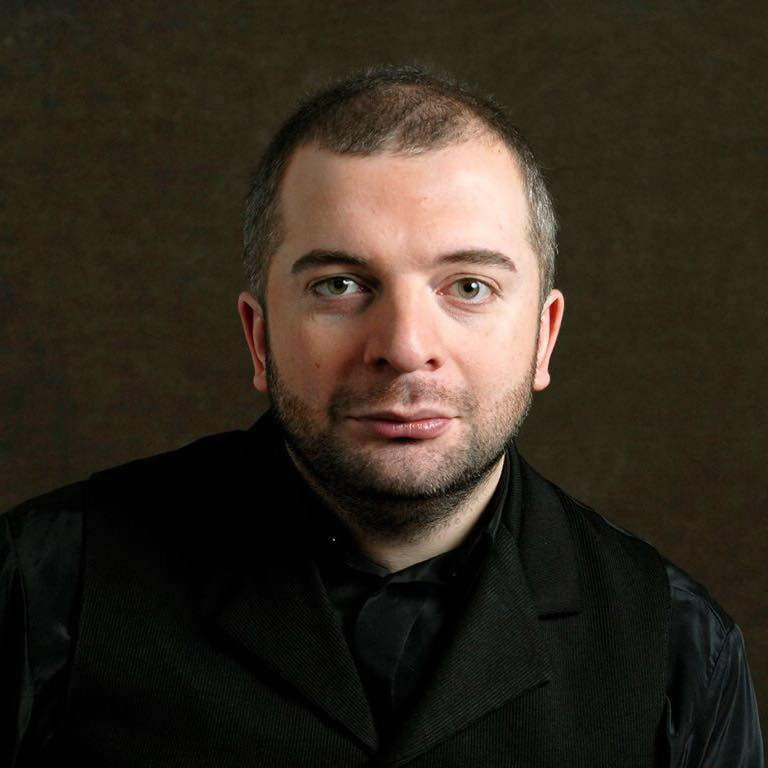
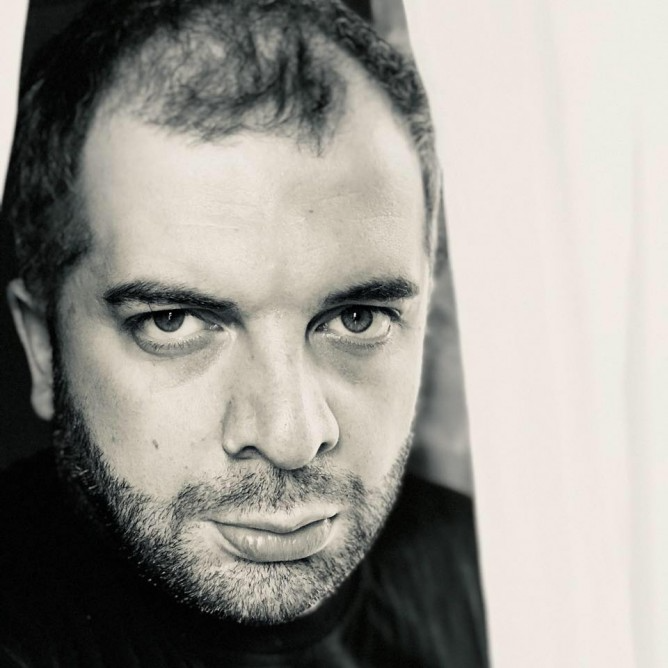
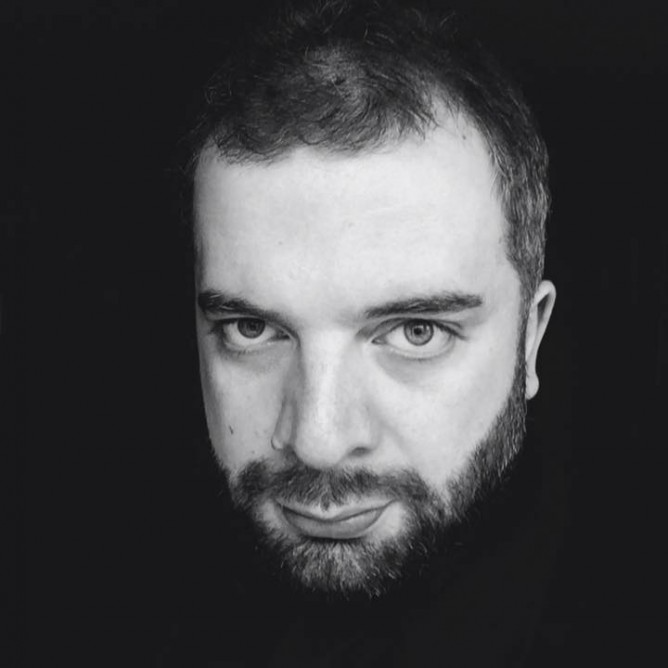
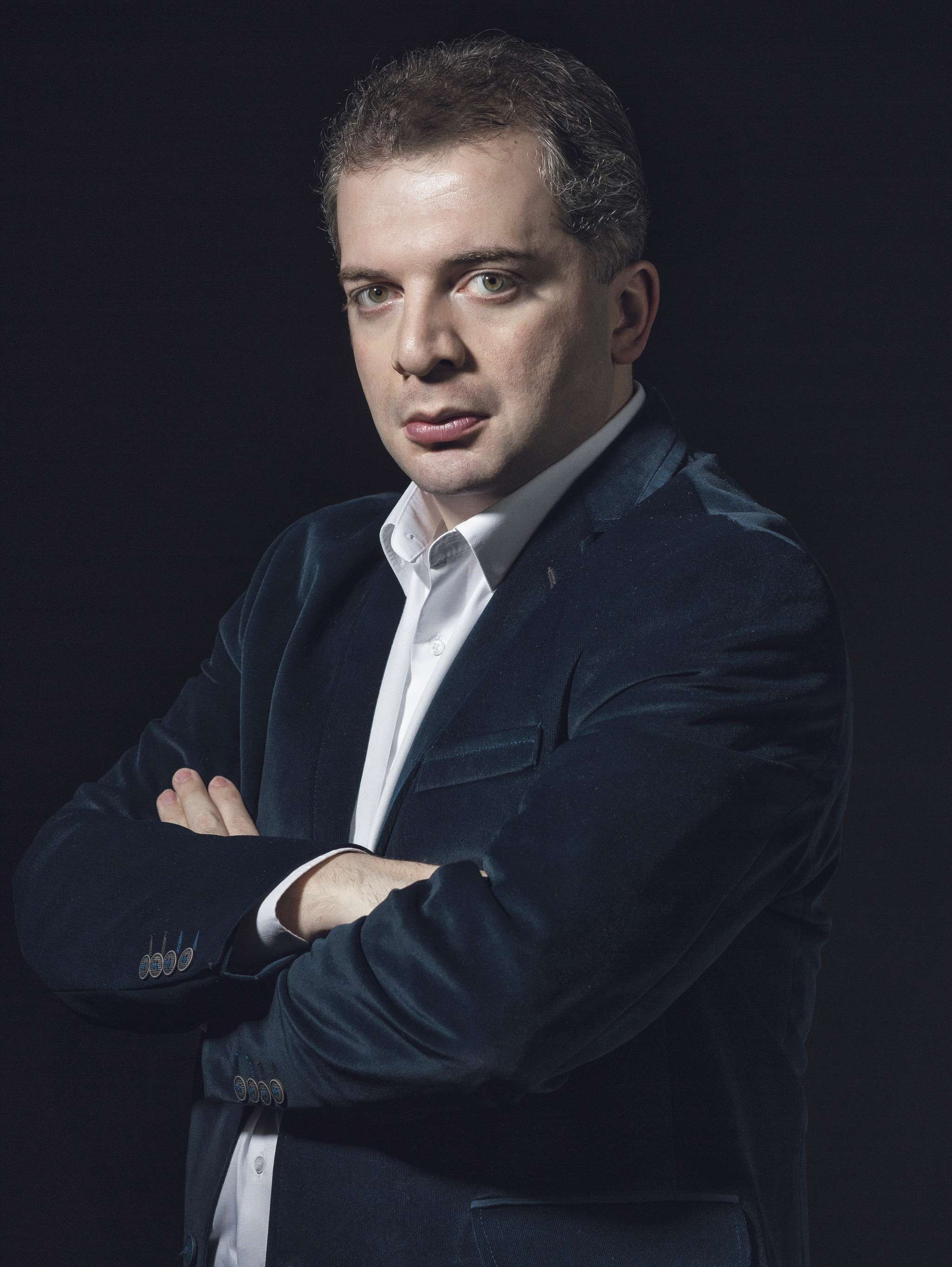
Nabucco II act
Nabucco II act
Cavalleria rusticana - Alfio
Cavalleria rusticana - Alfio
Nabucco - IV act
Nabucco - IV act
So brillierte Nikoloz Lagvilava in der Rolle des Rigoletto nicht nur wegen seines sehr schönen Verdi-Baritons, sondern auch durch seine grossartigen schauspielerische Qualitäten, mit einer unter die Haut gehenden Intensität, beispielsweise in seinem grossen Rezitativ oder in seiner grossen Szene im 2. Akt. Regula Mühlemann in der Rolle der Gilda wusste bestens auf die Dynamik von Nikoloz Lagvilava zu reagieren und so entstand zwischen den beiden eine mitreissende, berührende Energie, beispielsweise im grossen Duett im 1. Akt bei der Stelle «Oh quanto dolor! che spremere sì amaro pianto può? Padre, non più, calmatevi». Das Duett der beiden im 2. Akt dürfte wohl als Höhepunkt der Aufführung bezeichnet werden.
La voix granitique et d’une rare puissance du baryton Nikoloz Lagvilava lui permet d’incarner un Amonasro de feu qui convoque tous les regards et balaie toute réticence éventuelle.
Enfin Nikoloz Lagvilava, baryton géorgien, justifierait à lui seul le fait d’assister à cette soirée, avec son extraordinaire composition en Amonasro. Sa puissance vocale, sa ligne de chant sont tout simplement phénoménales et lui vaudront des applaudissements plus que nourris et largement mérités au rideau final.
Nikolov Lagvilava incarne un Amonasro, sans concession, d'une puissance vocale et d'une implication scénique terrifiantes.
Der Abend gehörte jedoch dem georgischen Bariton Nikoloz Lagvilava: Ich kann mich nicht erinnern, je einen gemeineren, verzweifelteren, verletzlicheren Rigoletto gesehen und gehört zu haben. Die mächtige Stimme und das dramatische Spiel halten den Zuschauer bis zum letzten Ton gefangen. Dass Lagvilava diesen ungeheuren Energieaufwand bis zum Schluss aufrechterhält, ist beeindruckend. Die Duette Rigolettos mit seiner Tochter sind gerade wegen der Unterschiedlichkeit der Stimmen die Höhepunkte des Abends.
Nikoloz Lagvilava ist als Rigoletto ein tief empfindender Aussenseiter, der eine harte Schale um seinen weichen Kern gebildet hat
Sein Hofnarr Rigoletto ist mit mächtigem, bass gefärbten Bariton Nikoloz Lagvilava. Er setzt Huguets Personenführung perfekt um und liefert ein musikalisch wie emotional beeindruckende Vorstellung. Mit seiner kraftvollen Stimme würde man ihn gern auch in anderen Verdi-Bariton-Rollen hören.
Rigoletto est confié au baryton géorgien Nikoloz Lagvilava, qui compose un être impressionnant, dans sa présence physique et vocale, à la fois puissante et vulnérable. Il joue avec la sonorisation pour inclure ses moindres souffles à son expression vocale, au timbre charnu et sombre. Le vibrato, jamais systématique, la diction, jamais gutturale, viennent structurer sa ligne de chant, comme s’il empilait de belles pierres sèches.
Nikoloz Lagvilava endosse le rôle de Rigoletto avec un tragique déchirant qui arrache des larmes. Sa voix de baryton-basse dramatique évoque tout à la fois la paternité et l’inéluctable.
Nikoloz Lagvilava triomphe lui aussi, à juste titre, car outre une voix dont on devine que les conditions mentionnées n’ont pas pu altérer son timbre, son étendue et sa projection, il domine les facettes vocales du rôle de Rigoletto et les restitue avec probité, sans histrionisme déplacé et une concentration scénique à saluer particulièrement, étant donné le partenariat avec la danseuse que lui imposait cette production. Ainsi s’achève cette production, qui semble avoir ravi le public...
The star of the evening was a Georgian baritone Nikoloz Lagvilava as a brazen-voiced Rigoletto both physically and vocally ranging the full gamut of emotions.
Ohne ihn, den großen Zampano, den Nihilisten namens Jago, geht hier nichts. Ihn sehen wir als Erstes, Nebelschwaden versprühend, dann als Einpeitscher das Orchester ins Sturmgetümmel treibend, und immer wieder Stimmung machend, auf dass die Glut des Hasses, des Neides, des Zweifels nicht verlischt. Diesmal könnte die Oper tatsächlich Jagoheißen, zumal der Bariton Nikoloz Lagvilava die Szene beherrscht wie sonst niemand.
Die Inszenierung hat Biss, Präzision, Tiefe. Essens Philharmoniker klingen auf der Höhe erster Opernadressen – und als Nikoloz Lagvilava (Jago) zum Schlussapplaus an die Rampe tritt, bricht tosender Jubel aus. Um es gleich zu sagen: Dieser Abend ist mit das Beste, was aktuell auf NRWs Opern-Bühnen zu sehen ist. Wer nicht hingeht, ist selber schuld.
Von den männlichen Protagonisten sichert sich der Jago von Nikoloz Lagvilava auch vokal den Triumph: Sein durchsetzungsfähiger Bariton basiert auf einer sicheren Stütze ohne doppelten Boden atemtechnischer Tricks, behält in der Höhe Rundung und Fülle und schillert in der Tiefe in einer satt-gefährlichen Farbe. Die Duette mit Otello strotzen vor Kraft, ohne dass dem Ton Gewalt angetan würde. Der Mann kennt keinen durch sfumature abgetönten Zweifel; auch sein „Credo“ ist ein Bekenntnis ohne Zwischentöne. Dieser Jago ist keine philosophische Gestalt, sondern ein abgebrühter Verbrecher.
Nikoloz Lagvilava bekam als Jago den meisten Final-Applaus – sein stimmliches Format für diese Hauptpartie ist über jeden Zweifel erhaben, und auch darstellerisch versteht er es, den hinterhältigen Schurken und Intriganten überzeugend abzuliefern.
Mit Nikoloz Lagvilava als Jago wird in „Otello“ brillanter Bariton gefeiert. Bravo Nikoloz Lagvilava! Seit Károly Szilágyi hatte Essen fürs italienische Fach keinen Bariton dieser Klasse im Ensemble. Brillant im Schurken-Porträt, das Lagvilava aus anarchischer Verworfenheit und dem süßen Gift der Lüge legiert. Elektrisierend im Gesang: Die tiefsten Töne im „Credo“ geraten Lagvilava schaurig-schön, und wen wundert, dass ein ganzer Hofstaat Jago auf den Leim geht, da das Böse mit solchem Balsam in der Intriganten-Kehle unterwegs istÉ
répondent au baryton Verdi richement cuivré de Nikoloz Lagvilava dans le rôle-titre, qui module l’émission en fonction de l’état psychologique du personnage, renfrogné au III, éclatant au IV, avec une homogénéité et un legato impériaux.
Trogne extraordinairement expressive et large voix généreusement déployée, le baryton russe Nikoloz Lagvilava croque un Nabucco aussi imposant dans son autorité que touchant dans sa folie enfantine et dans son désespoir
Nikoloz Lagvilava est Nabucco, despote féroce, qui se fait dieu avant de sombrer dans la folie et de se muer en un père devenu victime. Le grand baryton verdien a l’insolence du rôle et traduit à merveille l’évolution du personnage. La voix est splendide, sonore, rayonnante, au timbre mat, avec des aigus clairs. Le finale du premier acte nous vaut un « Tremin gl’insani » impérieux, ses angoisses « Son pur queste mie membra » lorsqu’il va se découvrir prisonnier nous émeuvent. Mais au « Dio du Giuda », où le violoncelle solo dialogue avec les flûtes, son humanité devient bouleversante.
The Georgian baritone Nikoloz Lagvilava plays the title role in great style
baritone Nikoloz Lagvilava magnificent and burly in the title role.
Nikoloz Lagvilava has a gorgeous, warm voice, quite heavily laced with vibrato, and sang beautifully,